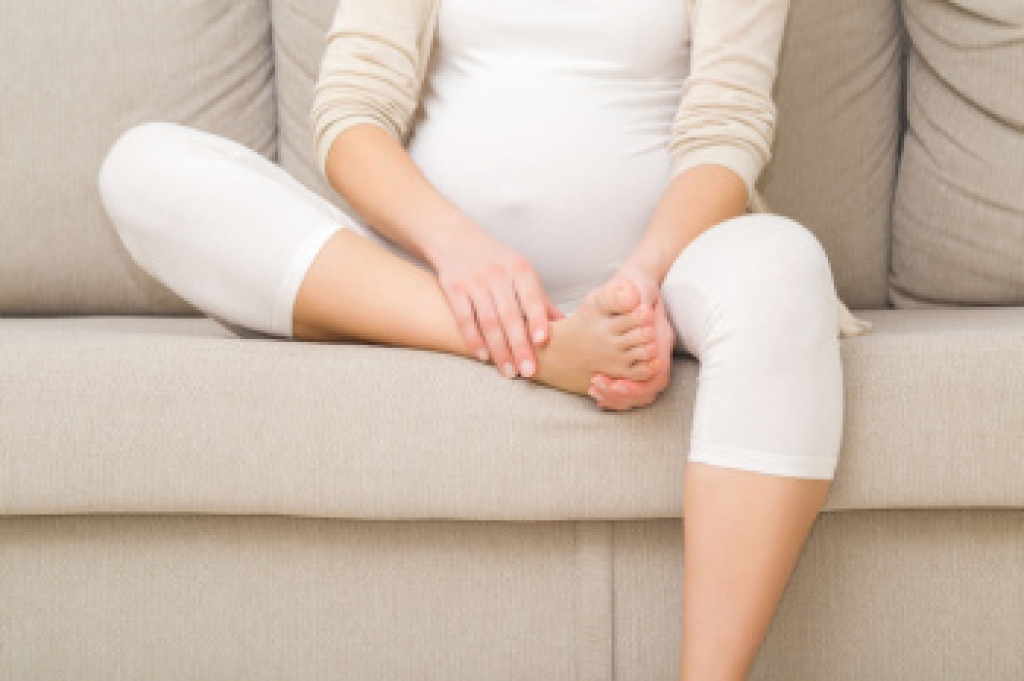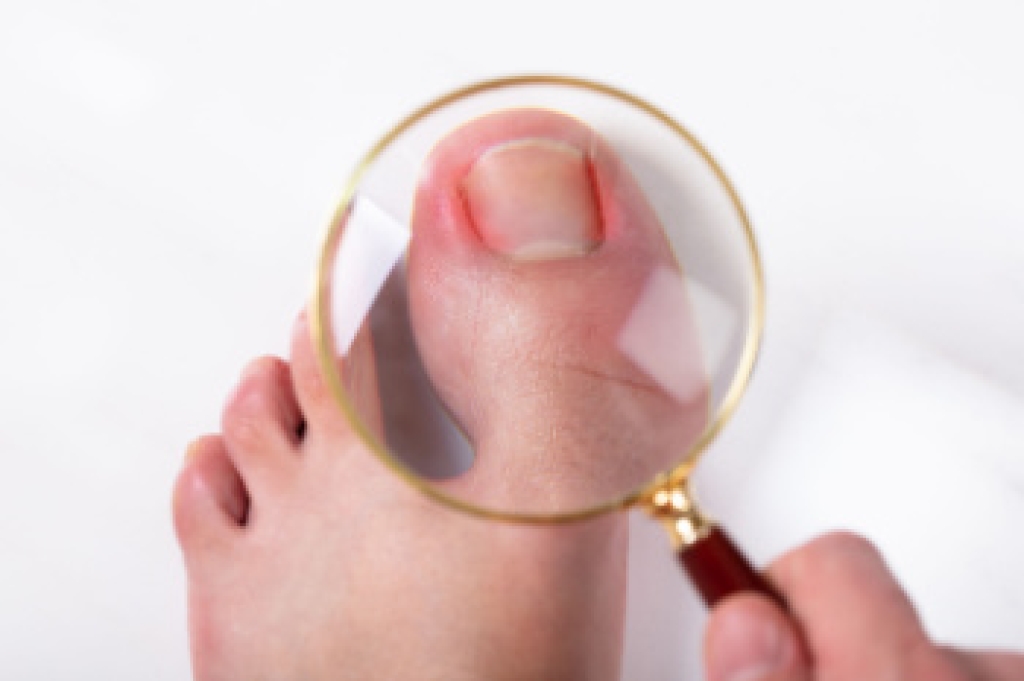
Pregnancy brings many physical changes, and the feet are often affected in surprising ways. As the body adapts to a growing baby, hormonal shifts loosen ligaments, which can lead to an unsteady gait and reduced balance. Increased body weight places added pressure on the feet, contributing to discomfort and fatigue. Swelling is also common due to fluid retention and changes in circulation, making shoes feel tight and restrictive. Many women notice increased foot width as the arches flatten and ligaments stretch, sometimes resulting in a permanent change in shoe size. Wearing supportive footwear, elevating the feet, and maintaining gentle activity can help reduce discomfort. If symptoms persist or worsen, it is suggested that you consult a podiatrist who can treat various foot and ankle conditions, providing foot relief for a comfortable pregnancy.
Pregnant women with swollen feet can be treated with a variety of different methods that are readily available. For more information about other cures for swollen feet during pregnancy, consult with Arnold Farbstein, DPM from Texas. Our doctor will attend to all of your foot and ankle needs.
What Foot Problems Can Arise During Pregnancy?
One problem that can occur is overpronation, which occurs when the arch of the foot flattens and tends to roll inward. This can cause pain and discomfort in your heels while you’re walking or even just standing up, trying to support your baby.
Another problem is edema, or swelling in the extremities. This often affects the feet during pregnancy but tends to occur in the later stages.
How Can I Keep My Feet Healthy During Pregnancy?
- Wearing orthotics can provide extra support for the feet and help distribute weight evenly
- Minimize the amount of time spent walking barefoot
- Wear shoes with good arch support
- Wear shoes that allow for good circulation to the feet
- Elevate feet if you experience swelling
- Massage your feet
- Get regular, light exercise, such as walking, to promote blood circulation to the feet
If you have any questions, please feel free to contact our office located in Houston, TX . We offer the newest diagnostic and treatment technologies for all your foot care needs.




